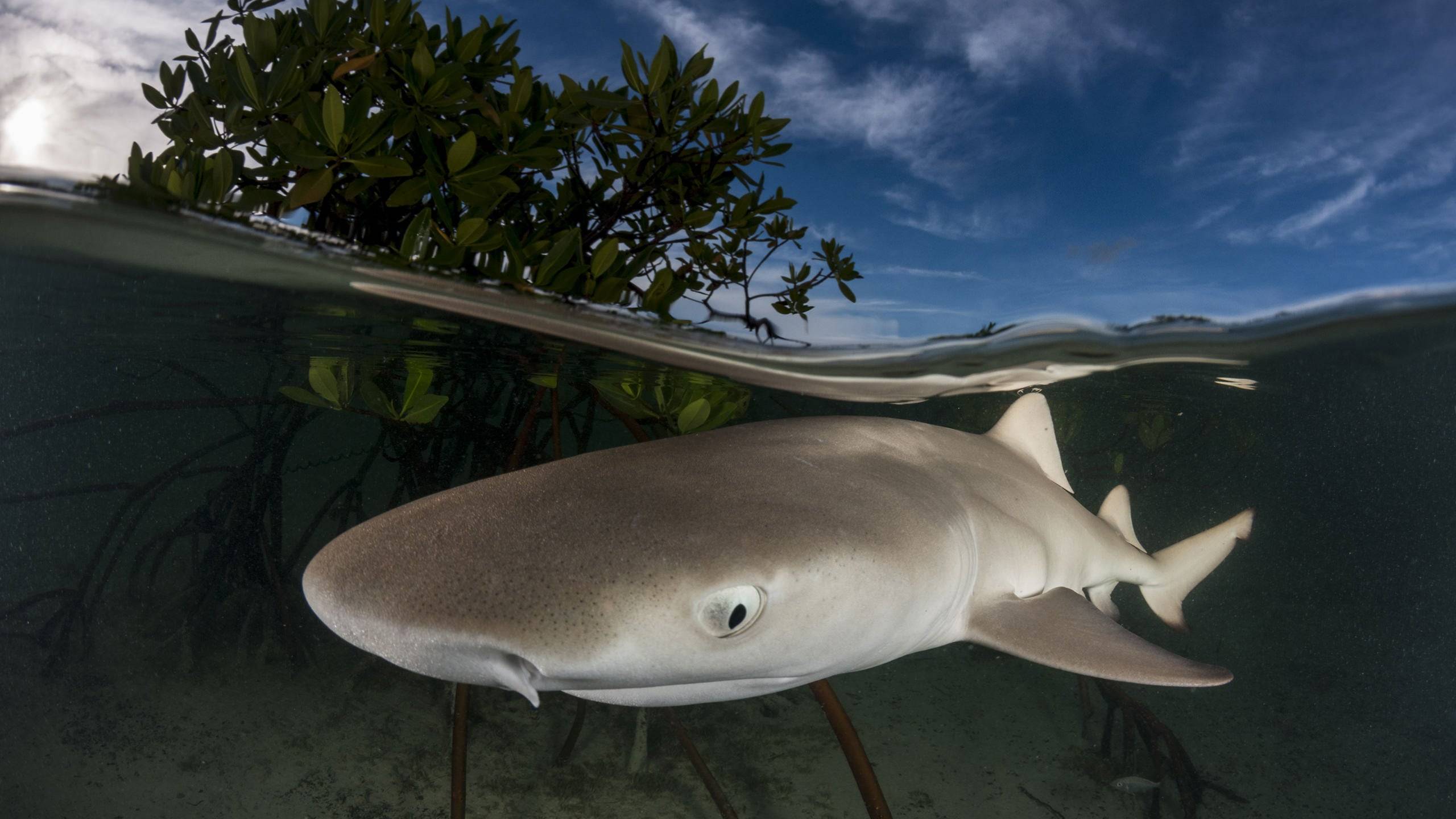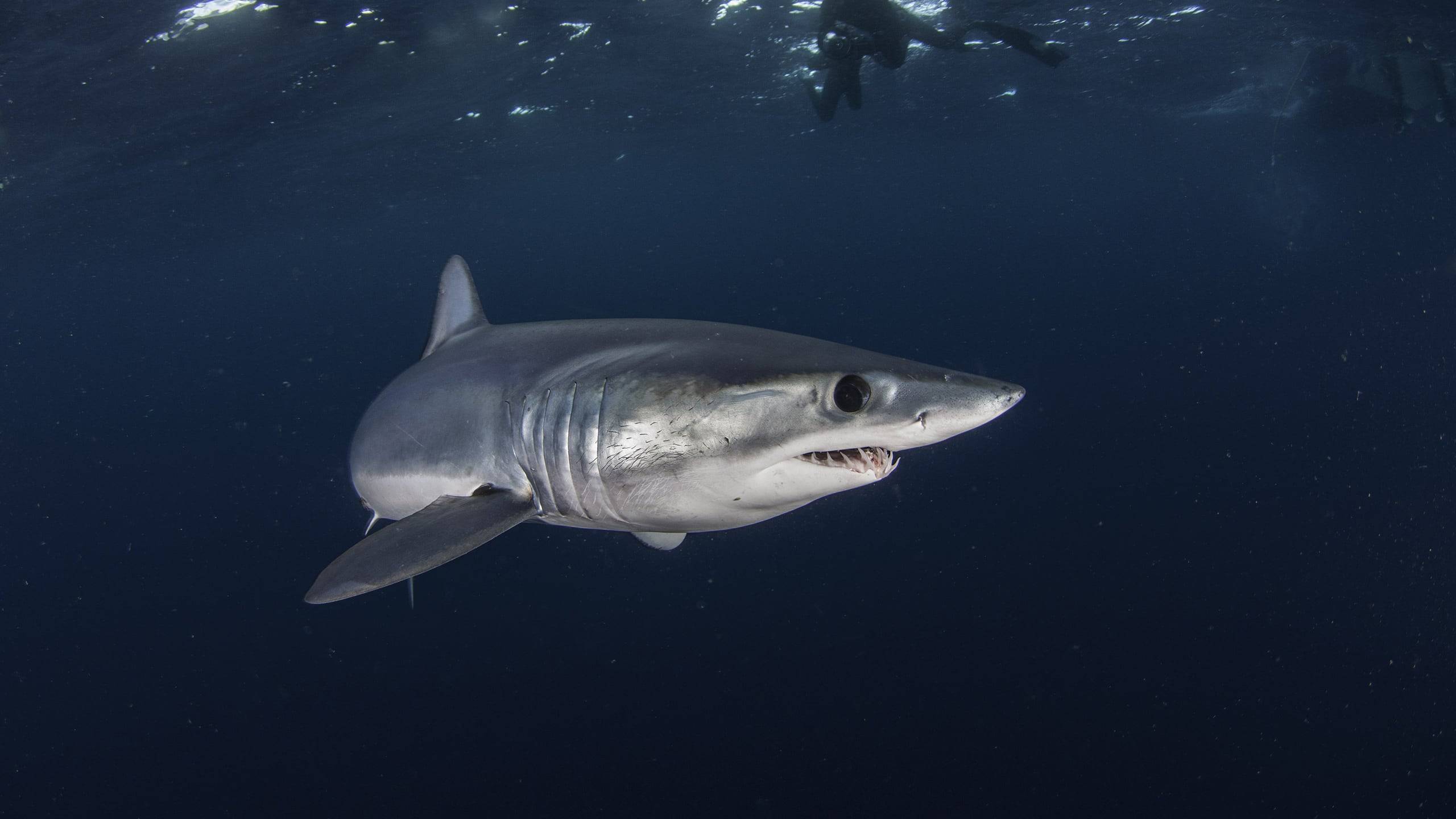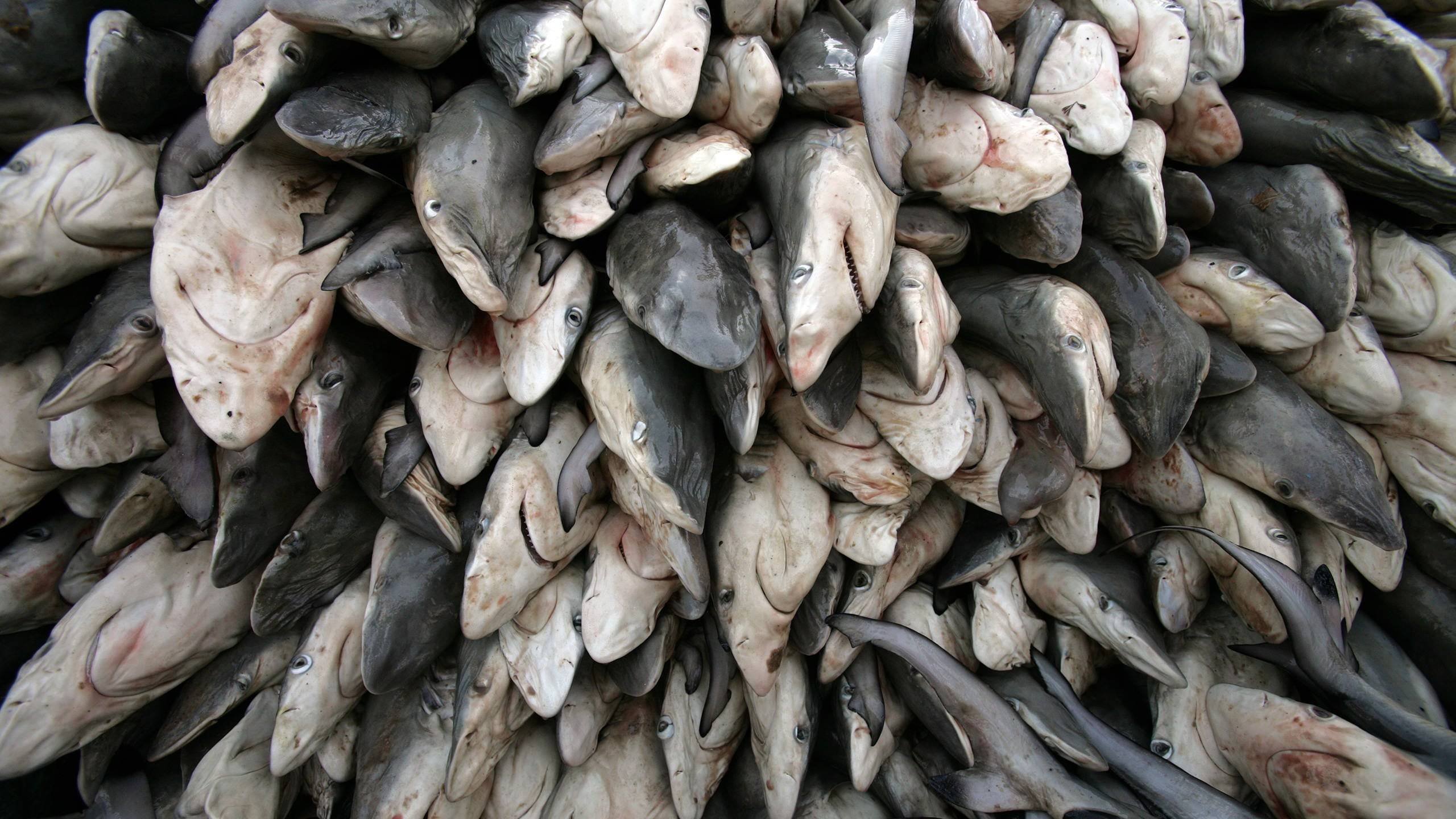Facts about Accidents
Sharks are certainly not harmless cuddly animals but wild hunters like lions or crocodiles. And who would jog in the Serengeti near a herd of lions anyway? Accidents happen very rarely. Unfortunately, since almost every shark accident is covered in the media, these accidents appear more often than they actually happen.
What are the chances of a shark accident occuring ?
In short, a 6 in the lottery is more likely. Billions of times a year people go into the water to swim, dive, surf, or enjoy other water sports or just to sit in the water or wade along the coast.
According to ISAF data, the number of shark accidents in the last 10 years averages 83 accidents per year with a maximum of 98 (2015) and a minimum of 42 (2010), of which about 6.8% or 6 were fatal. Shark accidents range from the smallest scratch to the most serious injuries and deaths.
How do accidents happen ?
The number of shark accidents directly correlates with the frequency and duration of the stay and the specific activities in the water. Thus, over 50% of unprovoked accidents are registered with surfers. They are in the water for long periods of time and by paddling with hands and feet they attract sharks. The vibrations from paddling or "splashing" resemble those of injured or sick fish squirming on the water surface.
As a rule, sharks are not interested in people. So they do not wait until you stick a toe into the water to bite. Sharks that are dangerous to humans eat fish and only great white sharks and tiger sharks eat mammals. However, if people attract the attention of a large shark by "splashing" or through other external circumstances such as fish blood in the water, it can lead to a dangerous encounter. Since sharks do not know humans and humans do not fit into their prey scheme, a so-called test bite can occur. Here the shark tries to taste whether the person in the water is something edible. Such test bites can cause small scratches, but also the most severe wounds which can lead to death by shock or bleeding. Interestingly, in most such accidents no tissue is missing because sharks do not normally eat people.
But when sharks are hungry, hunger often overrides caution. Severe overfishing of the oceans, especially in the very productive coastal shelf areas, deprives sharks of their food base and dramatically diminishes their populations. Thus the number of accidents per year remains relatively constant and there are likely to be fewer and fewer sharks around.
Source: ISAF April 2021






